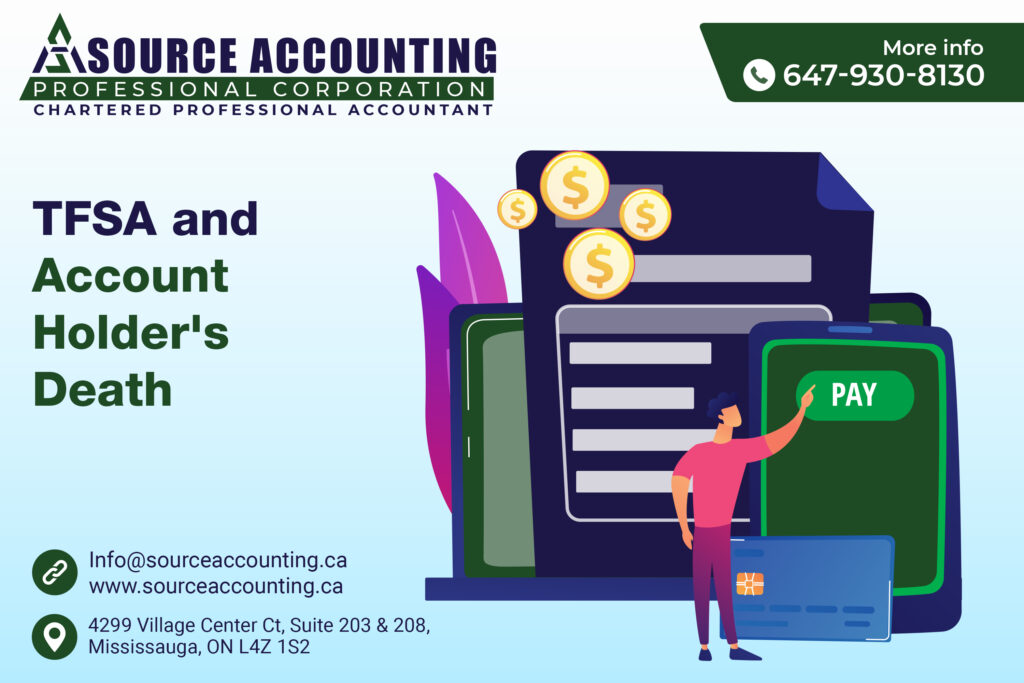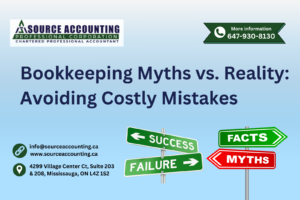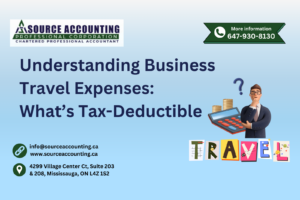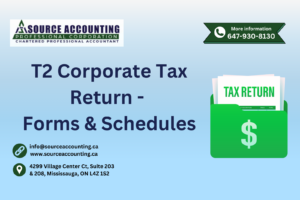A Tax-Free Saving Account (TFSA) is a great saving tool to encourage Canadians toward tax-free savings. It is critical to understand the tax and legal implications arising from the death of a TFSA account holder and how this might affect your loved one.
Situation A: No beneficiary nominated
When there is no beneficiary nominated, your TFSA assets will form part of your estate and be distributed to your beneficiaries according to the terms of your Will or the provincial or territorial intestacy laws. In this case, the proceeds may be subject to probate fees as well.
TSFA account will cease to exist on the date of your death and any income accrued till the date of the death are exempt from tax. Any increase in value (income) will be included in your estate and taxed either in the estate or in the hand of the beneficiary of the estate. A beneficiary who is not your spouse (or common-law partner) can only contribute and proceed to their TFSA if the beneficiary has their own enough TFSA contribution room. Options for a spouse are discussed below.
Situation B: A beneficiary is nominated
A nomination can be done either in the account documents or in your will. The advantage of designating anyone a beneficiary is that the proceeds from TFSA at your death flow directly to the designated person without going through the estate – saving on the probate fee. There are different types of “beneficiaries”. Let’s discuss the implication for different types of beneficiaries.
Spouse as a beneficiary: You can designate the spouse as either “Successor holder” or “Beneficiary”.
Successor Holder: This can only be a surviving spouse. Your spouse automatically becomes the holder of your account at the time of your death and the TFSA account continues to exist. This TFSA will be in addition to their entitlement of their TFSA, without affecting their TFSA contribution room. It is important to note that some provinces do not allow designation as “successor holder”.
Spouse as a beneficiary: When a spouse is designated as a “beneficiary”, they have until December 31st following the year of your death to contribute up to the value of the account at the date of your death in their TFSA without affecting their contribution room, called “exempt contribution”. But they must file form RC240 with the Canada Revenue Agency (CRA) within 30 days after such a contribution is made.
Again, this “exemption contribution” option is only for your spouse. Other beneficiaries can’t use this option. Even if a spouse is not designated as a beneficiary and receives the proceed as part of the estate distribution, the spouse can still make the exempt contribution.
The disadvantage of this provision is that any income earned on the TFSA after your death will be taxed as ordinary income to the beneficiary.
Major child or a third party as a beneficiary: A beneficiary which is your child, or any third party does not pay any tax on proceed received out of the TFSA as long the total payment does not exceed the fair market value (FVM) of your TFSA at the date of your death. Any value in excess of the FMV will be taxed either in your estate or in the hand of the beneficiary. The beneficiary can contribute the proceed to their TFSA account, subject to the availability of the contribution room.
Minor child as a beneficiary: For a minor child, the tax consequences are the same as for a major child. However, provincial law may prevent a minor child from receiving the TFSA proceeds because a minor child may not have a legal capacity to receive the proceeds paid to them and provide a discharge to financial institutions administering the Tax-Free Saving Account. It is advisable to obtain a legal opinion for such cases.
It is important to connect with your accountant and banker before making a decision. If you have any questions, please reach out to Source Accounting Team for help!
If you have any questions or any other tax and accounting issues, please feel free to reach out to Source Accounting Professional Corporation (CPA). Source Accounting is a full-service accounting firm in Mississauga, dedicated to individuals, small and medium-sized businesses, providing tax preparation, corporate tax filing, accounting, bookkeeping services, payroll solutions, etc. If you are looking for an accountant near me (Mississauga, Brampton, Toronto, GTA) or an accountancy firm, you are in the right place. Please call for consultation or send us an email. And if you find this post helpful, please let us know in your comments.
Disclaimer: The above contents are provided for general guidance only, based on information believed to be accurate and complete, but we cannot guarantee its accuracy or completeness. It does not provide legal advice, nor can it or should it be relied upon. Please contact/consult a qualified tax professional specific to your case.
![Heaader1SourceAccount[3148]](https://sourceaccounting.ca/wp-content/uploads/2021/11/Heaader1SourceAccount3148-2048x289.png)




